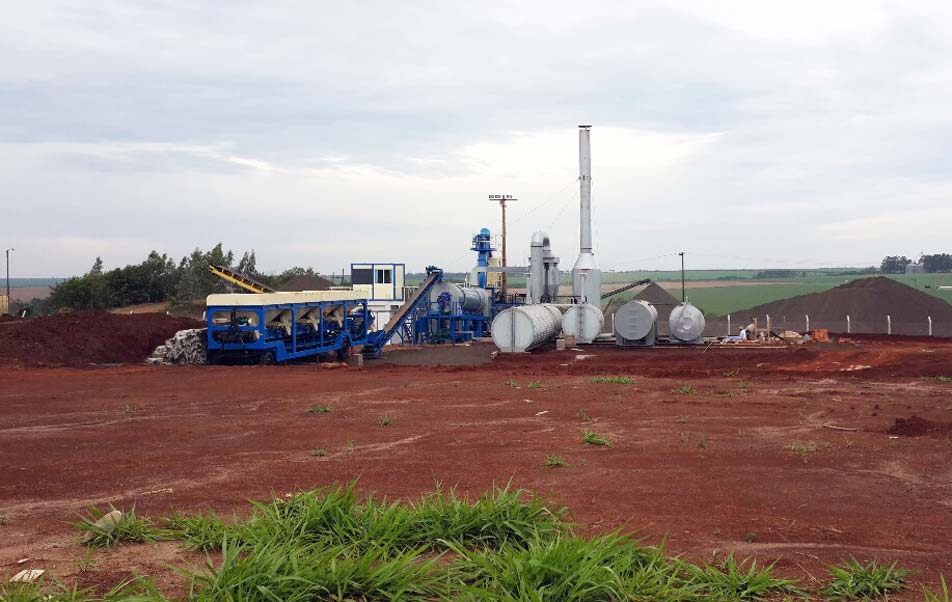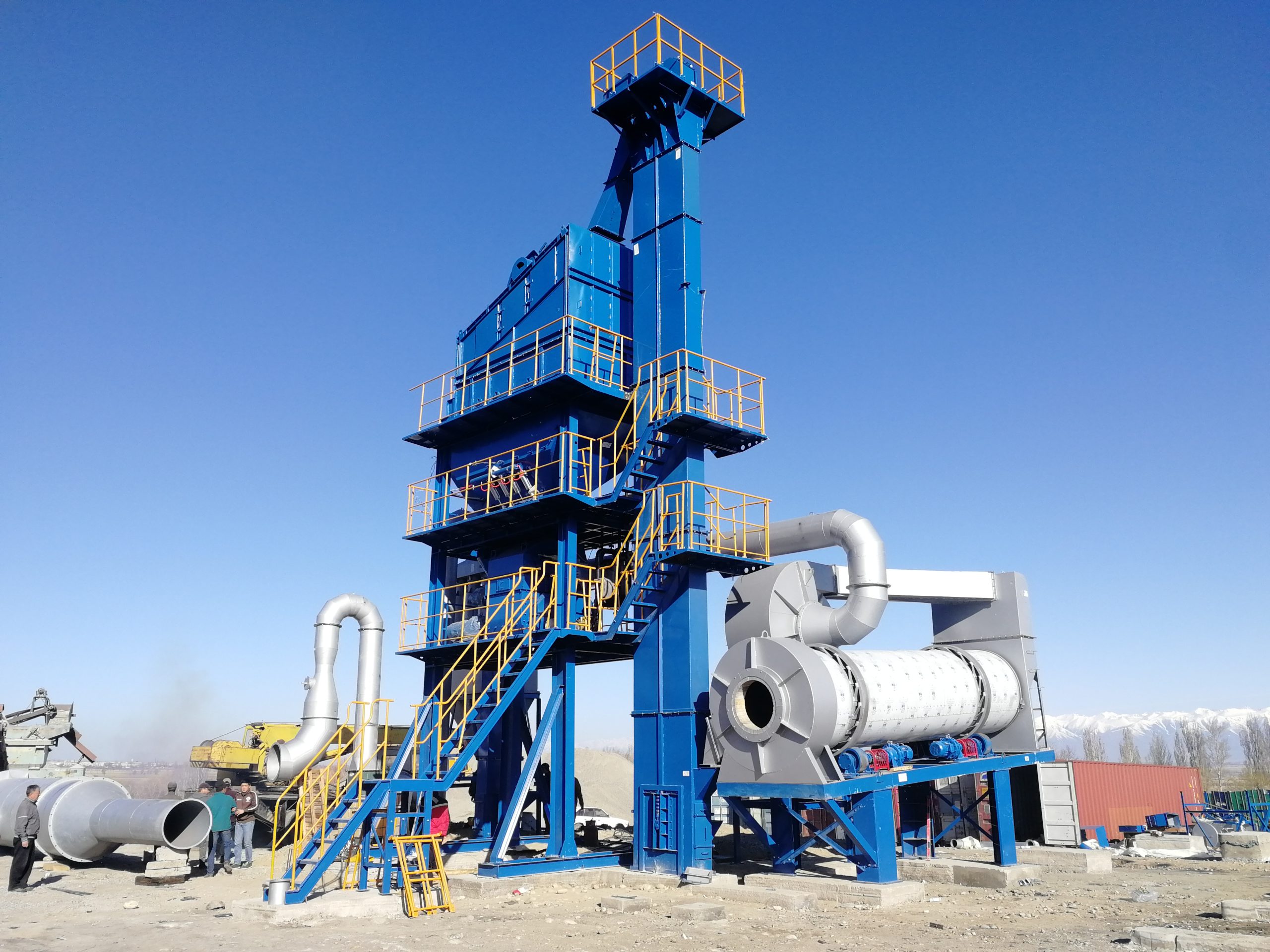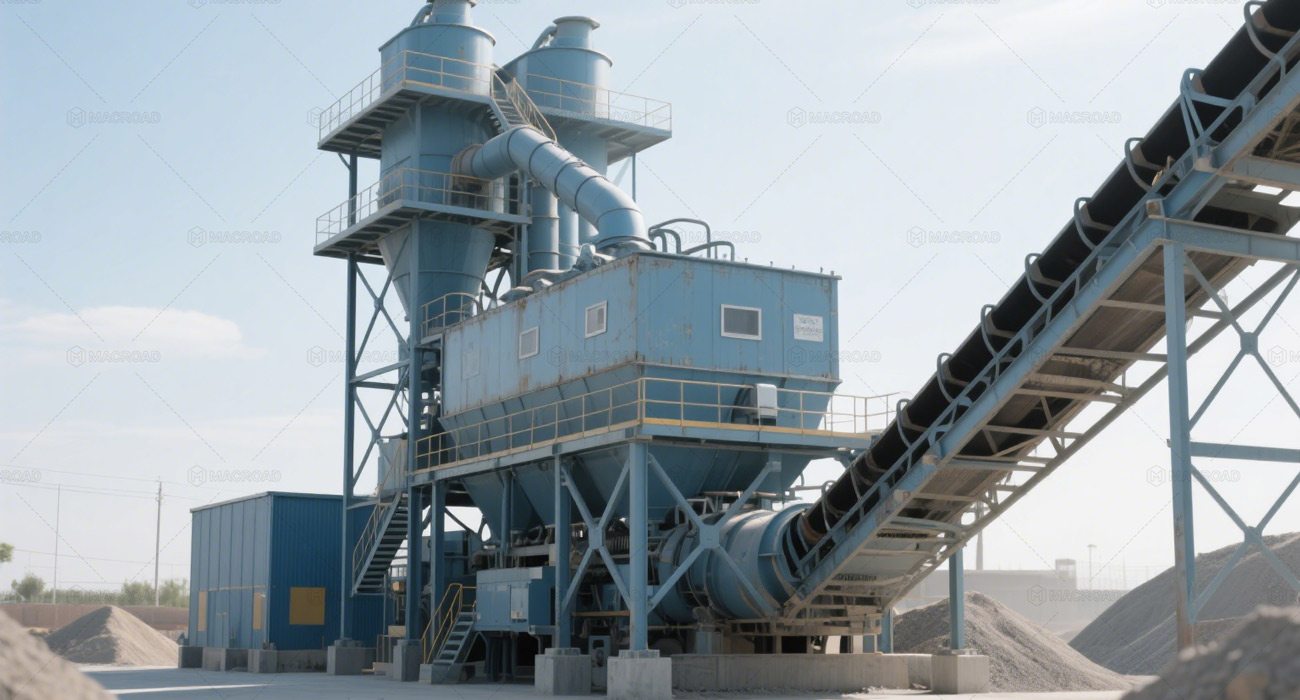Small portable asphalt plants for sale are increasingly popular for asphalt road maintenance, offering flexibility and efficiency. When combined with asphalt mixer machines, they provide a comprehensive solution for various maintenance needs. However, the choice between small portable hot mix plants and cold mix asphalt plants depends heavily on environmental conditions and project requirements. This article discusses how to make this decision while ensuring compatibility with the necessary asphalt mixer machine.

Analyzing Environmental Conditions
The environment in which asphalt road maintenance projects occur plays a critical role in determining the appropriate equipment. For instance, small portable hot mix plants are ideal for warmer conditions where high temperatures are manageable. They are particularly effective in summer months or in regions with mild climates. However, during winter or in low-temperature scenarios, the effectiveness of hot mix asphalt can be compromised unless proper temperature retention measures are in place.
In contrast, cold mix asphalt plants do not require high-temperature heating, making them a suitable choice for cold weather or rainy season repairs. These plants can be quickly deployed for emergency maintenance, allowing for repairs without the complications of heating materials. Assessing the specific environmental conditions of the project helps determine whether to prioritize small portable hot mix plants or cold mix asphalt plants.

Considering Construction Period Requirements
In addition to environmental factors, the timeline for construction projects significantly influences the choice of equipment. If the maintenance work is time-sensitive or requires immediate action, cold mix asphalt plant is often the better option. Their ease of use and quick setup make them ideal for urgent repairs, especially in adverse weather conditions.
Conversely, if the project timeline allows for proper heating and mixing of materials, small portable hot mix plants can deliver superior performance in terms of bonding and longevity. This is particularly important for long-lasting repairs that can withstand traffic and environmental stresses. Evaluating the construction period requirements will provide clarity on which type of asphalt plant best suits the project.

Ensuring Compatibility with Asphalt Mixer Machines
Regardless of the type of plant chosen, it is crucial to ensure that the supporting asphalt mixer machine can adapt to the unique characteristics of the selected plant. For cold mix asphalt, the mixer must be capable of handling materials that have specific bonding requirements. Cold mix materials typically require a different mixing approach compared to hot mix asphalt, which relies on high temperatures for optimal performance.
On the other hand, small portable hot mix plants necessitate a mixer that can maintain high temperatures and ensure even mixing of materials. The mixer should also be equipped to retain heat long enough to meet the temperature retention requirements essential for effective application. Ensuring this compatibility will enhance the efficiency and effectiveness of asphalt road maintenance.
Conclusion: Making Informed Equipment Choices
In conclusion, the decision between small portable asphalt plants for sale and cold mix asphalt plants should be carefully considered based on environmental conditions and construction period requirements. Understanding the specific needs of the maintenance project allows for a more informed choice that can optimize performance and efficiency.
Moreover, ensuring compatibility between the selected plant and the asphalt mixer machine is crucial for achieving desired results. By focusing on these key factors, contractors can effectively address the challenges of asphalt road maintenance, ensuring durable and reliable repairs that stand the test of time.
